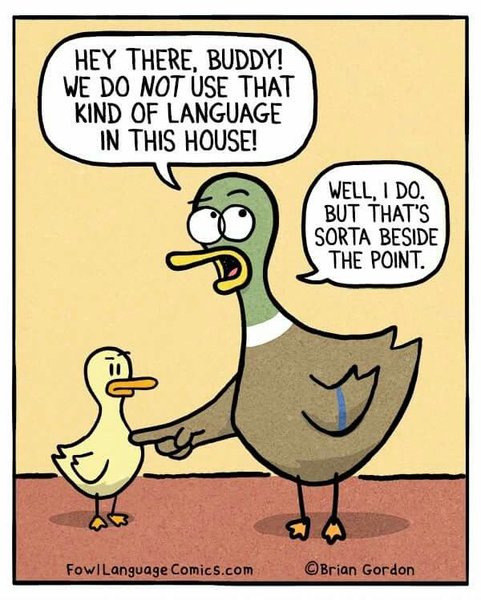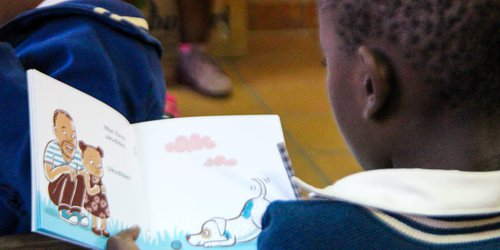5 Tools that changed my discipline style forever
Just the other day, I listened to my brave young friends about kids and discipline. “If he doesn’t listen I will spank him”, “If my child spoke to me like that I will feed him chilli”. Before people actually have kids- it seems like there is a quick fix for every behavioural challenge. And I am not even touching on the feedback and advise we get from the previous generation of parents. I am of opinion that if discipline was a simple thing, we would not have thousands of books written on the topic. We would not be so familiar with the porridge spoon, screaming, time-out, time-in, thinking corners or naughty chairs, taking away benefits, adding of rewards, mommy meltdowns – to name but a few. I got these amazing pointers during a service three years ago and so today I’d like to share the five steps that changed my outlook on discipline forever.
The value of well-disciplined children
Discipline has such a negative connotation but having well-disciplined kids has major benefits. Perhaps we should first look at why we discipline. I would like to believe that each parent reading this would like to equip their child to the best of their ability. We want to raise adults and not robots. To me, discipline means to use the vast experience you have as a parent to equip your child to be able to make their own decisions for their own general well-being. I aim to discipline in order to protect them from harm, to encourage uplifting behaviour and to help mould a value system and inner voice that will protect and empower my kids. We all have different ideas as to how this value system may look, and it is your privilege or priority to educate accordingly. It is also their choice to reshape this system as they age. We have a society that may help shape these values and some have religion and experience that others don’t– and therefore there will never be just one, 100% correct, disciplinary route that is acceptable to everyone.
The perfect parent
As parents we read up, we practise we try. We may even think we totally rock this parenting thing and then one day you end up with a young adult pointing fingers at you saying: “I would never do that to my child”, or a child asking why you never cared enough to discipline them.
Each generation works with the knowledge available to them. Find peace in that. Don’t be too hard on yourself. But do spend time on planning your approach to discipline – if you have clarity, chances are your children will also be better equipped and they will know and understand what the expected behaviour and outcomes are. You are not perfect- so instead of trying to be perfect at raising kids, and raising perfect kids, try to find peace with what you do and how you do it.
Speaking with one mouth
If there is one thing all books seem to agree on, it is that the people in authority (like parents) should speak from the same mouth. It is not normal for two people to agree on EVERYTHING, but these four tools have given my husband and I something to refer to when we do disagree about the appropriate disciplinary route to follow. We would debate questions one through to three and most often arrive at the same result, and this will determine our disciplinary route. It really is liberating!
Now, before I write yet another book on discipline- here are the four questions I ask myself before I take action on discipline.
1. Behaviour – one of our biggest challenges when we got a toddler was that our behaviour as parents lead to certain accidents. When our eldest started walking and glasses started flying off tables together with tablecloths and valuable items ended up in the toilet to name but a few. We realised that we needed to change our behaviour. Yes, we could tell her to be more careful, but we made it really hard for her not to have an “accident” due to her limited skills at that stage. We had to be more disciplined in putting things away, out of reach, until she is educated enough to avoid these accidents. This is not the only form of behaviour that we had to revaluate. What happened at age four was that our daughter started giving us instructions. What at first glance could be interpreted as a possible “lack of respect” was actually a behavioural problem from our side as well as the teachers’ side. We soon realised that both us and her teachers at school were talking in short instructions and demands to her all the time, so as a result, we got: “do this”, “you must” and even some threats “…do ... or I will...” She was not being naughty, she was merely modelling. Did this behaviour need to change? In my books, yes for sure- on our side and hers. So, question one is: “Is my behaviour affecting my child’s behaviour?”
2. Question two is “Has my child been educated on the matter?” The answer to this question should include a "what" and "why"- what is the desired behaviour and why is this ideal. If we stick to the abovementioned example, I had to educate my child on how I would like to be spoken to, and how Daddy would like to be spoken to. I taught her a few skills on the effect of words and the outcome or results that follow. You know, the whole “A gentle answer turns away wrath, but a harsh word stirs up anger.” We spoke about the value of saying thank you and please [again]. And through this education, I reminded myself of the value of words and how we as parents and caregivers speak to little humans. This fits in with the article occupational therapist Mare Smit wrote- are your expectations for your child’s behaviour realistic?
3. Question three is on “instruction” – “Did my child get the necessary instruction?”. I often find my kids are so engaged in their play routines that they literally do not hear me, they don’t even twitch. So, when I have a serious instruction, I make a point out of “raising myself and not my voice” getting down to their level, making eye contact and telling them (we even have a phrase now): “[First Name], this is an instruction”. This way I know for sure that they have heard and they know exactly what is expected of them. It is not open for negotiation or debate. I guess my biggest challenge is to teach my kids how to interpret tone e.g. Is this a “suggestion”, “an instruction”, a “serious matter” or a “joke”- try saving screaming for emergencies :) I am a firm believer that children should receive the opportunity for negotiation too- so I try and chose my words in order for them to better understand what is expected and to give them more freedom to express themselves, to practise negotiation, to lead with ideas instead of just acting on instruction.
4. Question four is just “Do I need to follow up or revisit any of the first three questions?” The answer is a simple Yes or No and no means your child thus deliberately chose to go against the "system" despite instruction, having the knowledge and example set.

Credit: Brian Gordon
Now, whatever matter of “ill-discipline” arises, I evaluate based on these four questions. The education part often needs revisiting, if you think of how many times we encouraged them to walk, we may have to have more perseverance to encourage them to learn other skills too. And if I revert to “lack of discipline” myself too often- I revaluate my self-care routine.
The discipline route you chose if you know that your child chose to do something that goes against this value system despite all the boxes being checked is up to you. All I can honestly say is that if you promise to do something follow through, "be slow to threat and quick to follow through". So my last question is, "am I slow to threat and quick to follow through?" Remember to reward positive behaviour and you may have to “punish” bad behaviour less often. They are kids, they will experiment- most adults I know do too :)
Good luck and let me know if you too found these five pointers useful. BEIFA
- Is my behaviour affecting my child’s behaviour? B
- Has my child been educated on the matter? E
- Did my child get the necessary instruction? I
- Do I need to follow up or revisit any of the first three questions? F
- Am I slow to threat and quick to follow through? A











Thank you for this valuable post in a country that just changed the game for South African Parents.